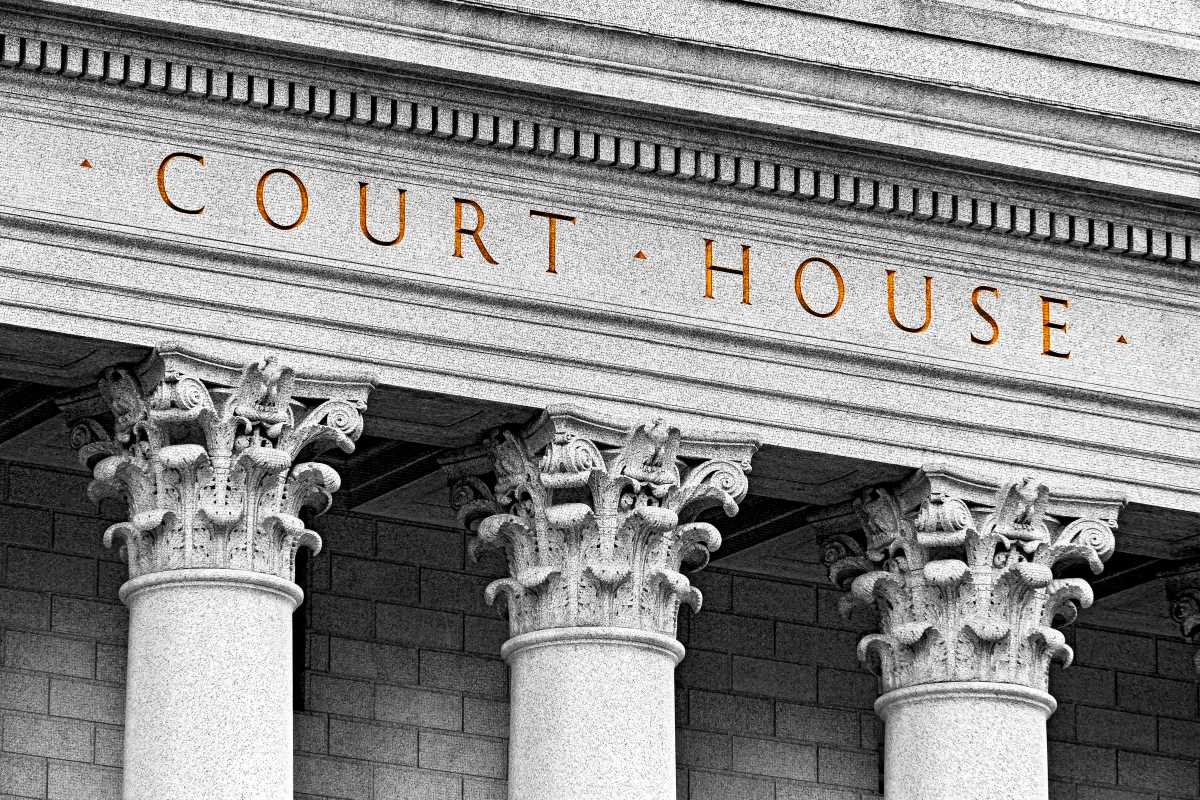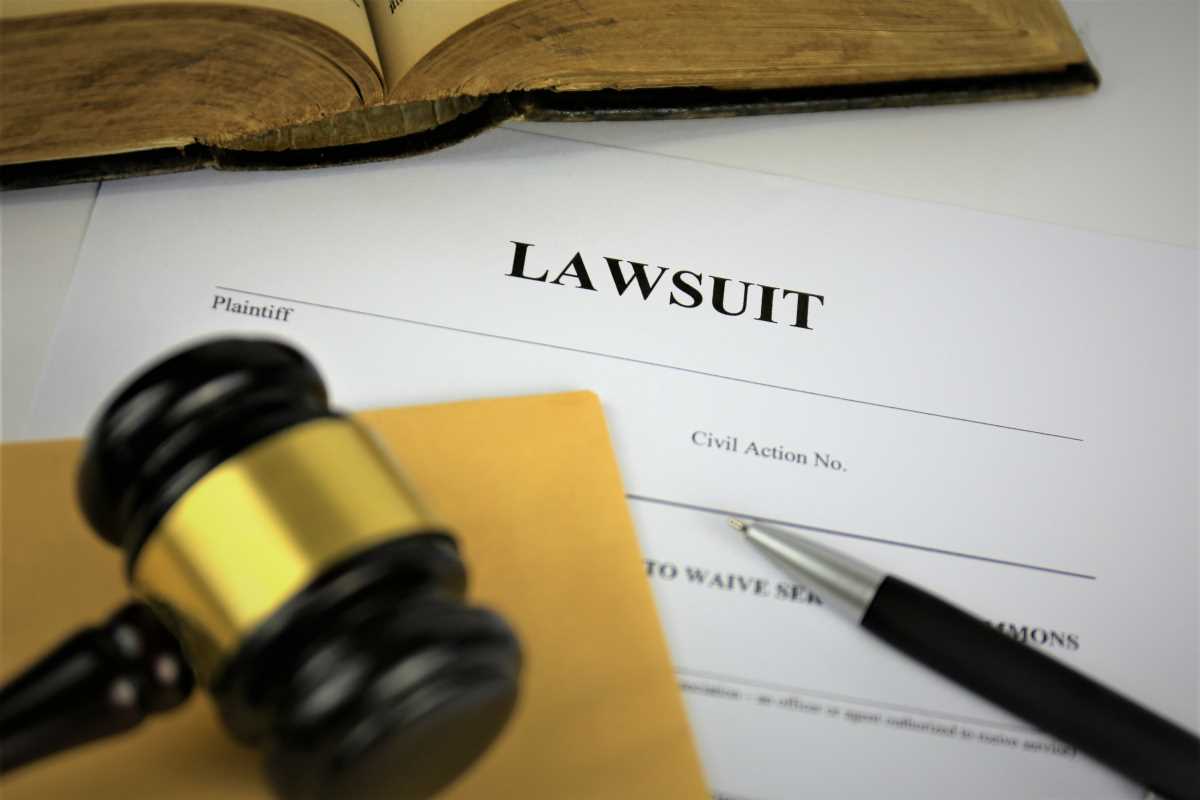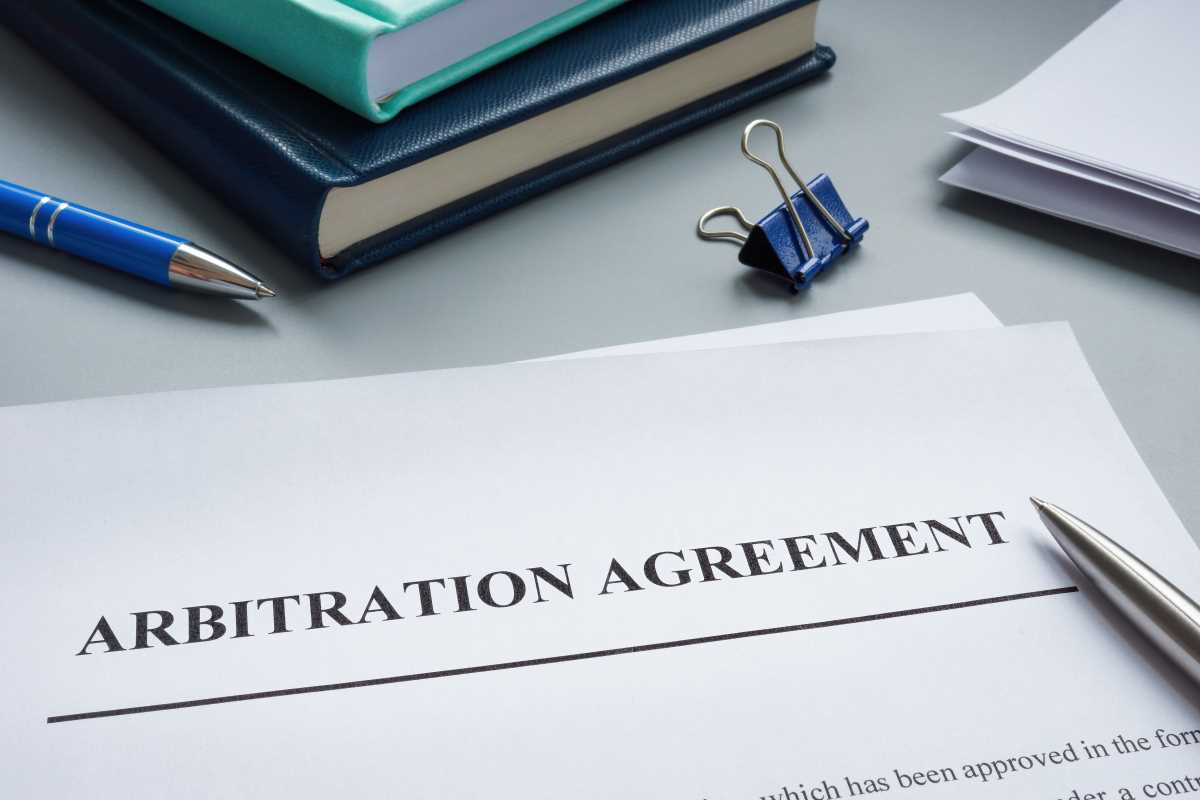When pursuing a legal case, one of the most important factors to consider is the cost of legal representation. For many people, paying a lawyer upfront can be difficult or even impossible, especially when dealing with a case that could take months or years to resolve. That’s where contingency fee agreements come in. These agreements offer an alternative payment structure that can make it more feasible for people to pursue legal action without worrying about large upfront costs.
In a contingency fee arrangement, a lawyer agrees to represent a client without charging hourly fees or a retainer. Instead, the lawyer’s fee is a percentage of the amount awarded to the client if the case is successful. If the case is lost, the client does not owe the lawyer any fees. This type of arrangement is commonly used in personal injury cases, class action lawsuits, and other types of litigation where financial damages are at stake.
Now, we'll help you understand how contingency fee agreements work, what to look for in these arrangements, and how they can benefit both clients and lawyers.
What is a Contingency Fee Agreement?
A contingency fee agreement is a contract between a client and a lawyer where the lawyer agrees to represent the client without charging hourly rates or upfront payments. Instead, the lawyer’s fee is a percentage of any settlement or judgment the client receives if the case is successful. In other words, the lawyer only gets paid if the client wins or settles the case.
The percentage that the lawyer takes typically ranges from 25% to 40%, depending on the complexity of the case, the jurisdiction, and whether the case is settled out of court or goes to trial. If the case results in a win, the lawyer’s fee is calculated as a percentage of the final amount awarded to the client, which includes any damages, settlement, or judgment.
Example of a Contingency Fee
For instance, if a personal injury case results in a $100,000 settlement, and the lawyer has a 30% contingency fee, the lawyer would receive $30,000, and the client would keep the remaining $70,000. If the case is lost, the client owes nothing for the lawyer’s time or services.
The Benefits
1. Access to Legal Representation
One of the biggest benefits of contingency fee agreements is that they allow people to seek legal help even if they can’t afford to pay a lawyer upfront. Legal fees can be expensive, and many individuals, particularly those in personal injury or other types of lawsuits, may not have the financial resources to pay by the hour. With a contingency fee arrangement, individuals can pursue legal action without worrying about paying for legal services upfront.
2. Lower Financial Risk
Since the lawyer is only paid if the case is successful, clients have a lower financial risk. They don’t have to worry about paying legal fees if the case is lost. This reduces the financial burden, as the client will not have to pay out-of-pocket expenses in case the lawsuit is unsuccessful.
3. Motivated Lawyers
In a contingency fee arrangement, the lawyer’s payment is tied directly to the success of the case. This means the lawyer has a strong incentive to work hard, be thorough, and pursue the best outcome for the client. The more money the lawyer wins for the client, the more they earn, so lawyers in these arrangements are typically highly motivated to succeed.
4. Predictable Costs
With a contingency fee arrangement, clients know the total amount the lawyer will receive if the case is successful. The percentage is agreed upon upfront, so there are no surprises regarding how much the lawyer will earn. This makes it easier for clients to budget and plan financially.
The Risks
While contingency fee agreements offer many benefits, they also come with certain risks that clients should consider before entering into an agreement.
1. Lawyer’s Fees Can Be High
Contingency fees typically range from 25% to 40% of the award, which can be a substantial amount, especially in high-value cases. This means the client will receive less money from the settlement or judgment than they would if they paid the lawyer an hourly rate or flat fee. For example, in a large settlement case, the lawyer’s fee could be tens of thousands of dollars, potentially reducing the client’s payout.
2. Uncertain Outcome
Even though the lawyer’s fee is contingent upon the success of the case, there’s no guarantee of winning. The client may still be responsible for other costs related to the case, such as filing fees, expert witness fees, and court costs, which may not be covered under the contingency agreement. It’s important to understand whether these additional costs will be deducted from the settlement or paid out-of-pocket.
3. Settlements May Be Less Than Potential Trial Awards
In many cases, lawyers may encourage clients to settle out of court to avoid the uncertainty of a trial. While settlements can save time and money, they may result in a lower overall amount than a potential trial judgment. Clients should weigh the pros and cons of settling and understand how the lawyer’s contingency fee will impact the settlement amount.
4. Conflicts of Interest
Sometimes, lawyers may have a vested interest in settling quickly to receive their payment rather than fighting for the maximum award in court. This can create a conflict of interest, where the lawyer may prioritize their fee over the client’s best interests. It’s important to discuss and clarify settlement strategies with your lawyer and ensure they are working towards your goals, not just their own financial gain.
Key Factors to Consider
1. The Lawyer’s Experience and Reputation
Before signing any agreement, it’s crucial to choose a lawyer who has experience and a proven track record in handling cases similar to yours. Research the lawyer’s background, including their success rate and client reviews. A lawyer with a good reputation and strong experience in the relevant area of law can significantly increase the chances of a successful outcome.
2. The Contingency Percentage
Make sure to discuss the percentage the lawyer will charge and ensure you understand how it will be calculated. The typical contingency fee falls between 25% and 40%, but it may vary depending on the complexity of the case and the lawyer’s level of expertise.
3. Additional Costs
Clarify whether any extra costs, such as court fees, investigation costs, or expert witness fees, will be deducted from your settlement or if you will be required to pay them separately. This can impact how much money you receive if the case is successful.
4. The Likely Outcome of the Case
Ask your lawyer to give an honest assessment of your case’s strengths and weaknesses. While no lawyer can guarantee a specific outcome, an experienced attorney can provide a realistic estimate of the likelihood of success. This will help you make an informed decision about whether to proceed with a contingency fee agreement.







